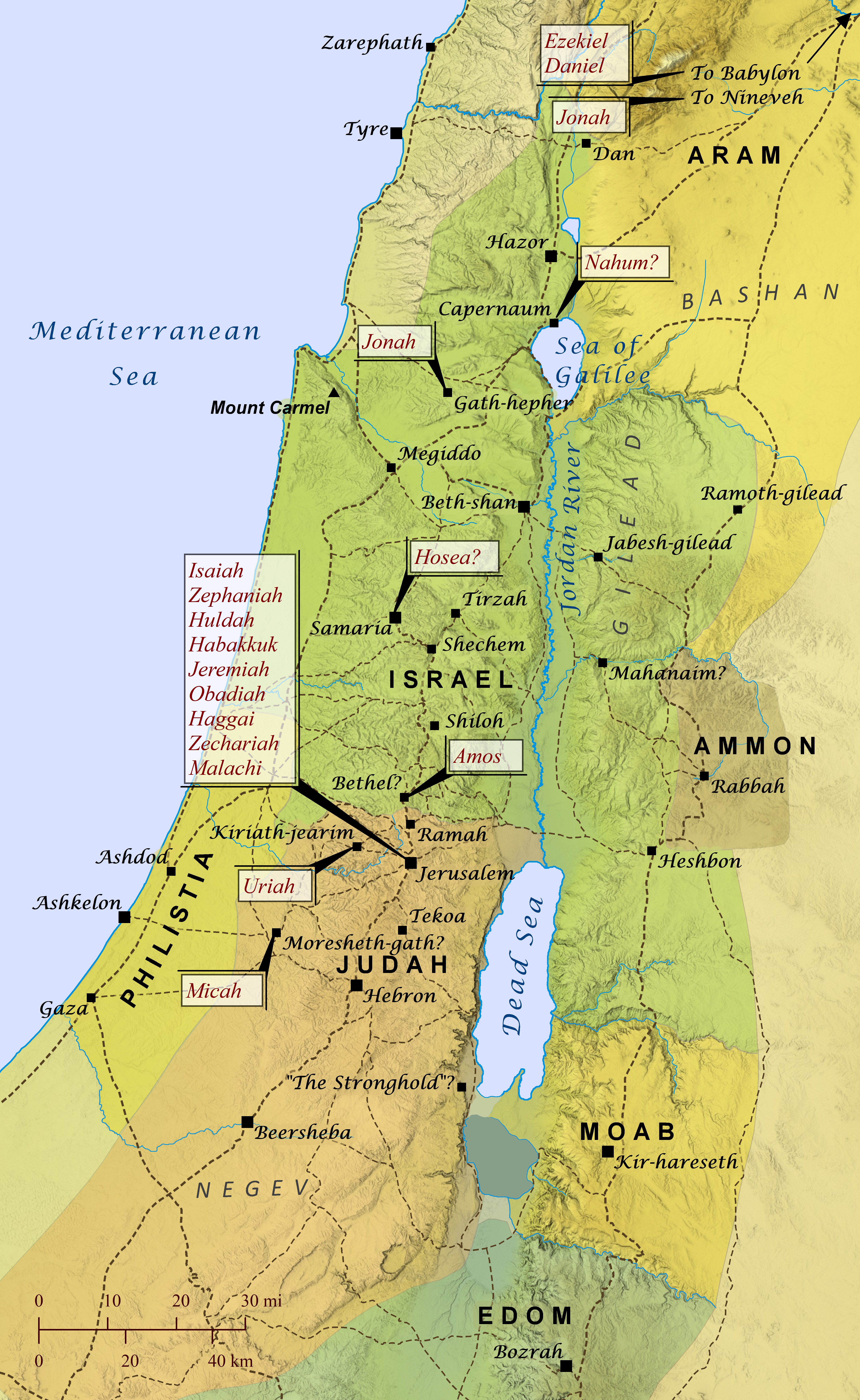Readers’ Version
Literal Version
20 By that time, King Hizkiyah was terminally ill and Amots’s son the prophet Yeshayah (Isaiah) came to him and told him, “Yahweh says to get your affairs in order because you’re dying and won’t recover.”
2 But Hizkiyah rolled over to face the wall and prayed to Yahweh, 3 “Oh Yahweh, please remember that I’ve served you faithfully, and done what you asked with total sincerity.” Then Hizkiyah cried loudly.
4 As Yeshayah was leaving, Yahweh gave him this message before he’d even reached the middle courtyard, 5 “Go back and tell Hizkiyah, the leader of my people, ‘Your ancestor David’s god Yahweh says that he’s heard your prayer and seen your tears. He’s decided to heal you and you’ll be well enough to go to the temple within three days. 6 He’s added fifteen years to your life, plus he’ll rescue you and this city from the Assyrian king. Yahweh will defend Yerushalem for his own sake and for the sake of his servant David.”
7 Then Yeshayah told them to bring some pressed figs, and they brought them and placed them on the sore, and Hizkiyah started getting better.
8 Hizkiyah asked Yeshayah, “What’s the sign that Yahweh will heal me and that I’ll be able to go to the temple on the third day?”
9 “Yes, Yahweh will give you a sign that he’ll do what he said,” Yeshayah replied. “Do you want the shadows to advance suddenly or go back?”
10 “It’s easy for the shadows go forward,” said Hizkiyah. “So make them go backwards ten steps.”
11 So the prophet Yeshayah called to Yahweh, and he made the shadow go back on the steps made by King Ahaz—the shadow went ten steps backward.
2 And_turned DOM his/its_faces/face to the_wall and_prayed to YHWH to_say.
3 Please Oh_YHWH remember please DOM how I_have_walked_about to_your_face in/on/at/with_faithfulness and_in/on/at/with_heart complete and_the_good in/on/at/with_sight_of_your I_have_done and_ Ḩizqiyyāh _he_wept weeping great.
4 and_he/it_was Yəshaˊyāh not he_had_gone_out the[fn] the_middle and_message_of YHWH it_came to_him/it to_say.
5 Go_back and_say to Ḩizqiyyāh the_ruler_of people_of_my thus YHWH he_says the_god_of Dāvid I_will_show_you(ms) I_have_heard DOM prayer_of_your I_have_seen DOM tears_of_your see_I am_about_to_heal to/for_you(fs) in_the_day the_third you_will_go_up the_house_of YHWH.
6 And_add to life_of_your fif- teen year[s] and_from_hand_of the_king_of ʼAshshūr deliver_you and_DOM the_city the_this and_defend (on) the_city the_this for_sake_my and_for_the_sake_of Dāvid servant_of_my.
7 And_ Yəshaˊyāh/(Isaiah) _he/it_said take a_cake_of figs and_they_took and_applied on the_boil and_recovered.
8 And_ Ḩizqiyyāh _he/it_said to Yəshaˊyāh what will_be_the_sign (cmp) he_will_heal YHWH to_me and_go_up in_the_day the_third the_house_of YHWH.
9 And_ Yəshaˊyāh _he/it_said this to_you the_sign from YHWH (cmp) he_will_do YHWH DOM the_thing which he_has_spoken it_has_gone the_shadow ten steps or will_it_go_back ten steps.
10 And_ Ḩizqiyyāh _he/it_said it_is_trifling for_the_shadow to_lengthen ten steps no if/because let_it_go_back the_shadow backwards ten steps.
11 And_ Yəshaˊyāh _he/it_called the_prophet to YHWH and_brought DOM the_shadow in/on/at/with_steps which it_had_gone_down in/on/at/with_stairway_of ʼĀḩāz backwards ten steps.
20:4 OSHB variant note: ה/עיר: (x-qere) ’חָצֵ֖ר’: lemma_2691 a n_1.0 morph_HNcbsa id_12kL7 חָצֵ֖ר

